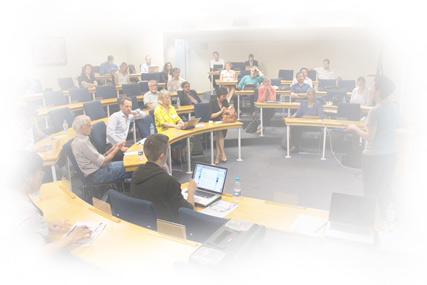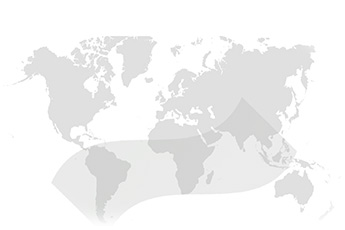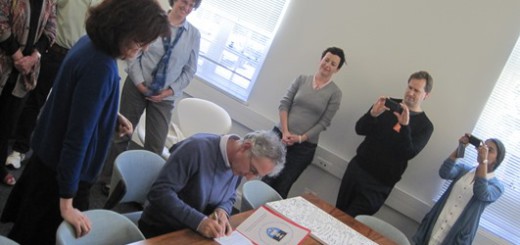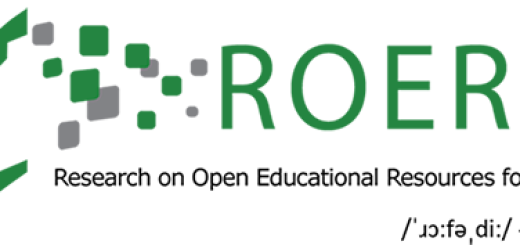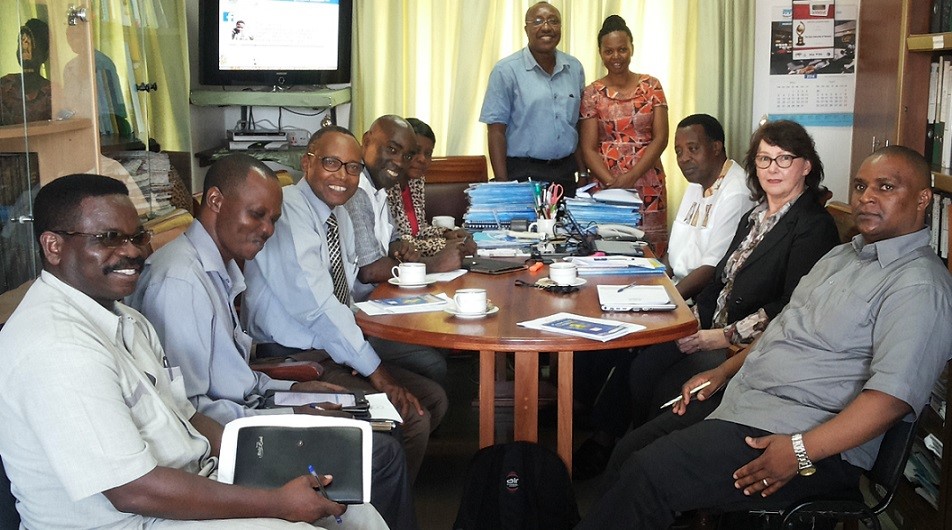
Digital Fluency course project plan signoff – the OUT senior Management approval 2014. CC-BY Brenda Mallinson
Sukaina Walji spoke to Brenda Mallinson, a consultant at AVU Conference. The project is researching how OER practices can support transformation in teaching and learning, and the intention is that findings are shared institutionally and incorporated into policy at the institutions. Earlier this year, Brenda contacted Cheryl about how to support academics wanting to transform current courses into OER and subsequent discussions have led to further conversations and development of this blog post.
This post reviews Brenda’s experiences of how this participatory action research study is helping to deepen awareness of OER, develop OER practices and help institutionalise OER at OUT. It has synergies with work that ROER4D is doing and will be of interest to ROER4D researchers and stakeholders.
Developing an open course using OER
Brenda’s work with OUT has been about moving beyond OER awareness to a deeper engagement with OER practices at the institution, and this is operationalised through a number of collaborative activity strands. In addition to reviewing and updating OER policy and working to support the development of the Open Repository at OUT, the project is developing a new open course for academic staff in Digital Fluency. The impetus for the course came about as part of analysing current practices and needs at OUT and the realisation that support beyond computer literacy was needed for academics. By asking the question, what do academics need to know about technology, a five module professional development open course has been conceived and is now in development. The modules cover:
- Digital fundamentals
- Working with OER
- Learning Design and Development for Online Provision
- Academic integrity in a Digital Age
- Storage and access to digital resources.
While the course itself will be of benefit to academics at OUT, the role of open educational resources in its development has been a significant part of the engagement with OER and the project’s aim to affect pedagogical change through OER. The course was developed based on existing OER using the African Council for Distance Education (ACDE) Technical Collaboration Committee (TCC) led by Dr Kassim Nihuka of OUT, plan to deliver the Digital Fluency course as a Massive Open Online Course (MOOC).
Evidence of institutionalisation
Brenda noted that one year into the project, there is evidence of wider acceptance of OER and a growing institutionalisation of OER practices.
One important enabler and stakeholder has been the OUT Library, that with the support of the Director of the Library, Prof Cornelia Muganda, convened and ran an OER institutional analysis workshop in November 2014. Data collected at this workshop have been used to support further work at OUT. The outcomes of this study were presented by Dr Kassim Nihuka at the Distance Education and Teacher Training in Africa (DETA) conference in July 2015.
Another indicator of institutionalisation was a high level OER workshop in January 2015 attended by the institution’s senior management and presided over by the OUT DVC Prof Modest Varisanga. Many people across OUT came together and discussed what experiences they had had with working with OER, and the workshop resulted in resolutions (currently awaiting ratification) concerning institutional research, theory and practice aspects of OER. This workshop demonstrated what the project had envisaged at the outset – that OER engagement is moving away from just pockets of people working with OER to the cross-institutional sharing of experience of OER practices. The findings of this event were presented by Prof Cornelia Muganda at the 2nd African Virtual University Conference, also in July 2015. Currently, as part of a 5 Year strategic plan initiated in 2014, there is a commitment for 80% of OUT’s course outputs to be OER which is now supported and strengthened by these collaborative activities with OER Africa.
Bottom-up developments to OER institutionalisation
Another indicator of increasing open practices are initiatives from lecturers who want to transform their courses into OER. As a response to this, Brenda’s OUT team is putting together an institutional process to facilitate this. They are drawing on the University of Michigan’s Institute of Educational and Management Technology (IEMT) that has formed an OER working group. The institution has committed to supporting the academics in this work.
Brenda considers that one of the biggest challenges to overcome is the current practice of using materials in traditional courses without paying close attention to copyright, and that this is an issue of concern in African institutions in general. So one insight from this project is that using existing OER has tremendous benefits for course development practices. Having to clear copyright and gain permissions for use of materials afterwards – once a course has already been developed – can be an arduous and expensive undertaking, so this is best undertaken before the course or existing OER used instead. A key value is that when open practices become prevalent, this increases discussions around transparency.
With the project one year in and with two more years to run, Brenda and colleagues at OUT are about to start to work on institutional OER-related policies to provide support to engage, institutionalise and embed open practices. Brenda feels they are now starting to see synergies in policy, practice and participation. One indicator is that OUT has students involved in the Global OER Graduate Network (GO-GN), which also shows interest and capacity building in OER research.
We look forward to seeing the launch of the Digital Fluency course and will follow this project with interest.
